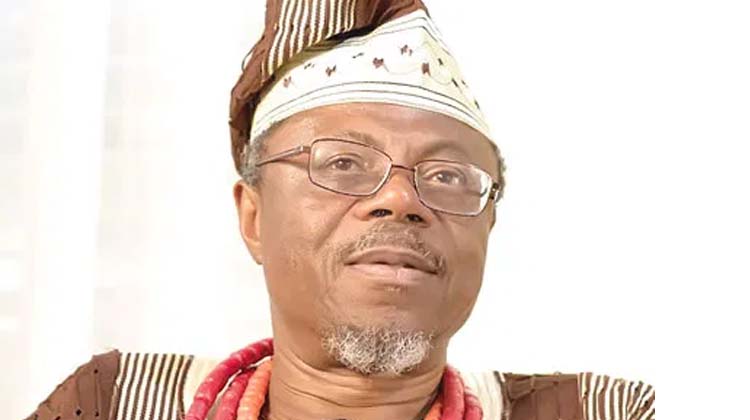The African social fabric is deeply woven with the threads of communal responsibility, where familial ties and obligations extend far beyond immediate relatives to encompass an extended network of kinship.
However, in recent times, the concept of “black tax” has emerged as a complex issue within African communities, raising questions about its necessity or perceived subjugation.
The term “black tax” refers to the financial or social obligations that frequently fall on successful persons within their families or communities. It’s the underlying expectation that success comes with the need to support relatives, often even those who aren’t blood kin. This phenomena has gained attention due to the burdens it places on people who achieve success, as shown by Nigerian footballer Mikel Obi.
The term itself is not racially tinged, rather it refers to a financial burden carried by people who have excelled despite adversity. It was inspired by the remittances sent home by black workers under apartheid, highlighting the financial support they offered to their families. Today, it cuts across borders, affecting Africans of all races and nationalities.
While steeped in a rich cultural legacy of social responsibility, the term “black tax” raises important considerations regarding individual advancement and society expectations of successful individuals. The conundrum is balancing cultural duties with personal development.
The value of family and communal bonds is emphasized in African civilizations. Parents often sacrifice their own needs to secure better futures for their children, creating a sense of reciprocity and expectation for support in old age. However, the changing dynamics of modern life call into question the limitations of such commitments.
As African cultures face new problems, there is a desire for a more balanced view of the “black tax.” While the need of giving back and helping family is acknowledged, the emphasis switches to distinguishing between reasonable support and oppressive demands. The level of sacrifice from potential beneficiaries becomes a critical criterion for distinguishing between genuine duties and unreasonable expectations.
The story is about navigating cultural values in a changing society, not discarding them. It asks for a rebalancing in which individual development and self-actualization are not hampered by overbearing familial demands. Instead, it implies that genuine assistance should come from plenty, rather than at the expense of personal development.
In conclusion, the “black tax” debate reflects the evolving nature of African societies, urging a nuanced approach to collective responsibility. It’s about fostering a culture of mutual support without impeding personal growth. It’s a dialogue about appreciating cultural values while ensuring individual progress, where the measure of one’s sacrifice aligns with the responsibility shared within the community.




